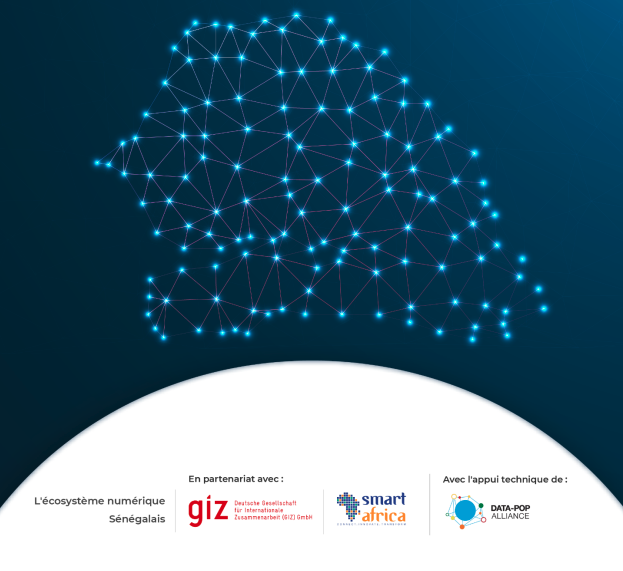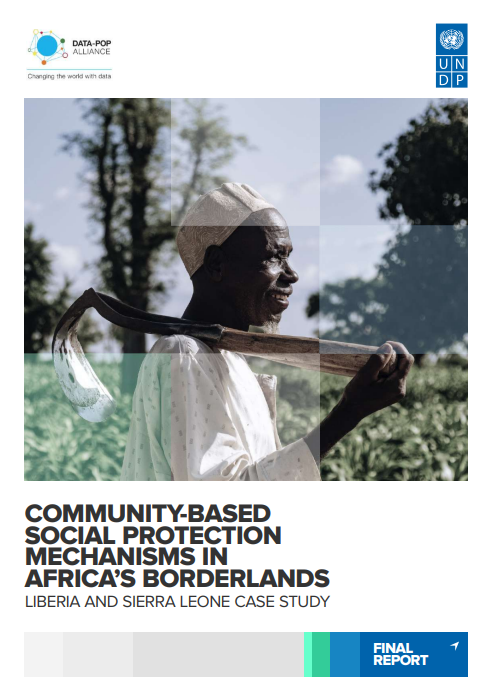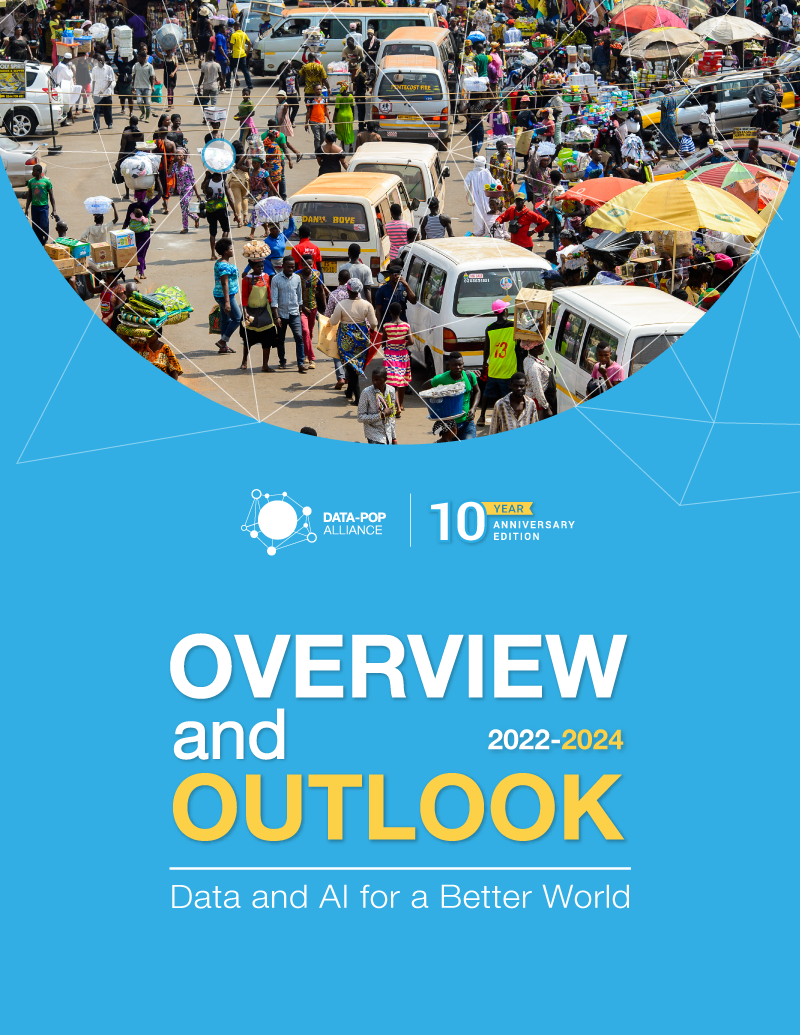As Data-Pop Alliance continues to grow, we’ve started this new series that introduces our newest team members.
Introducing our latest team member, David Sangokoya, our new full-time Research Specialist based at ThoughtWorks in New York City. Join us in welcoming David to the team!
 I am the son of Nigerian immigrants and grew up in Baton Rouge, Louisiana. I received my BA from Stanford University in 2010, where I had spent most of my education (and a semester at Oxford) studying the dynamics of forced migration and post-conflict recovery in communities in transition in northern Uganda. Migration was an interest both given my family’s recent and past histories, as well as my experience and observations in post-Katrina south Louisiana. For the next four years, I found myself asking the same questions on communities playing a part in managing their own post-conflict complexities in both research and project roles with small nonprofits in Sri Lanka, Namibia, Liberia and Vietnam. I focused my time in the classroom for graduate school on studying how the development industry conceives itself, functionally operates, and manages in fragile states while thinking deeper about data, technology, power relations and development.
I am the son of Nigerian immigrants and grew up in Baton Rouge, Louisiana. I received my BA from Stanford University in 2010, where I had spent most of my education (and a semester at Oxford) studying the dynamics of forced migration and post-conflict recovery in communities in transition in northern Uganda. Migration was an interest both given my family’s recent and past histories, as well as my experience and observations in post-Katrina south Louisiana. For the next four years, I found myself asking the same questions on communities playing a part in managing their own post-conflict complexities in both research and project roles with small nonprofits in Sri Lanka, Namibia, Liberia and Vietnam. I focused my time in the classroom for graduate school on studying how the development industry conceives itself, functionally operates, and manages in fragile states while thinking deeper about data, technology, power relations and development.
1. Can you provide a little background on yourself?
 I am the son of Nigerian immigrants and grew up in Baton Rouge, Louisiana. I received my BA from Stanford University in 2010, where I had spent most of my education (and a semester at Oxford) studying the dynamics of forced migration and post-conflict recovery in communities in transition in northern Uganda. Migration was an interest both given my family’s recent and past histories, as well as my experience and observations in post-Katrina south Louisiana. For the next four years, I found myself asking the same questions on communities playing a part in managing their own post-conflict complexities in both research and project roles with small nonprofits in Sri Lanka, Namibia, Liberia and Vietnam. I focused my time in the classroom for graduate school on studying how the development industry conceives itself, functionally operates, and manages in fragile states while thinking deeper about data, technology, power relations and development.
I am the son of Nigerian immigrants and grew up in Baton Rouge, Louisiana. I received my BA from Stanford University in 2010, where I had spent most of my education (and a semester at Oxford) studying the dynamics of forced migration and post-conflict recovery in communities in transition in northern Uganda. Migration was an interest both given my family’s recent and past histories, as well as my experience and observations in post-Katrina south Louisiana. For the next four years, I found myself asking the same questions on communities playing a part in managing their own post-conflict complexities in both research and project roles with small nonprofits in Sri Lanka, Namibia, Liberia and Vietnam. I focused my time in the classroom for graduate school on studying how the development industry conceives itself, functionally operates, and manages in fragile states while thinking deeper about data, technology, power relations and development.



